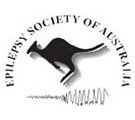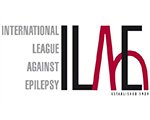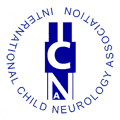Spinocerebellar Ataxia
Description
Spinocerebellar ataxia is a neurodegenerative disorder characterized by slowly progressing gait unsteadiness, poorly coordinated hand and eye movement as well as swallowing and speech difficulty.
Causes
The disorder is caused due to an inherited genetic mutation that results in the formation of abnormal proteins. These proteins disrupt nerve cell function in the spinal cord and brain. More than 20 genetic mutations have been identified that cause spinocerebellar ataxia. The signs and symptoms may vary slightly depending on the type of mutation.
Symptoms
Symptoms of spinocerebellar ataxia include:
- Poor coordination
- Unsteady gait
- Difficulty with fine motor skills such as buttoning your shirt, eating, and writing
- Changes in speech
- Involuntary eye movements
- Difficulty with swallowing
Diagnosis
Your child's doctor will review the symptoms and perform a neurological examination which will include checking balance, vision, coordination, reflexes, and cognitive skills. Diagnostic tests such as an MRI to identify changes in the brain, a spinal tap to evaluate cerebrospinal fluid, and genetic testing to identify genetic mutations may help to confirm the diagnosis.
Treatment
Treatment is directed towards the use of adaptive devices and therapies to help your child cope with the symptoms of the disease. Adaptive devices include canes, crutches, or walkers to help with mobility, modified cutlery and utensils to help with eating, and communication aids. Rehabilitative therapies include physical therapy to improve strength and mobility, occupational therapy to help with activities of daily living, and speech therapy to help with communication play a vital role in dealing with the emotional impact of the disease.








